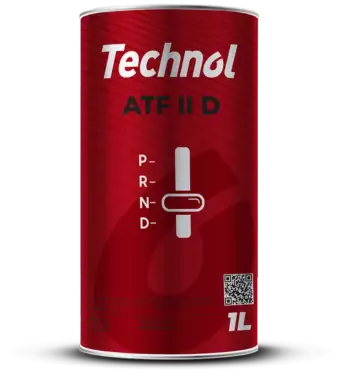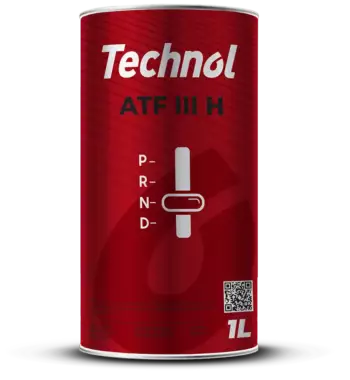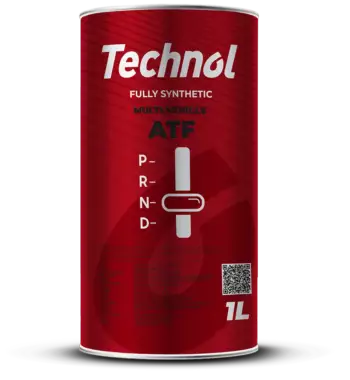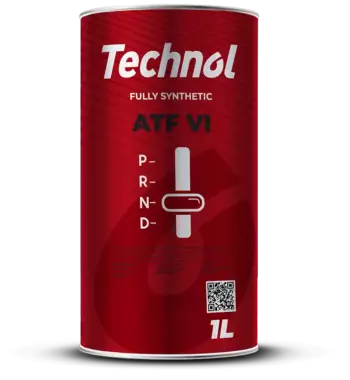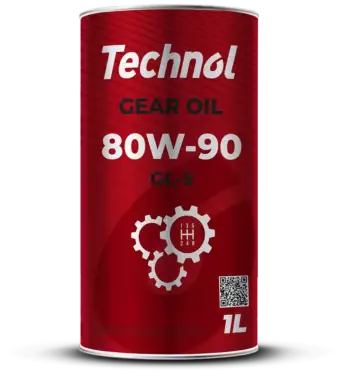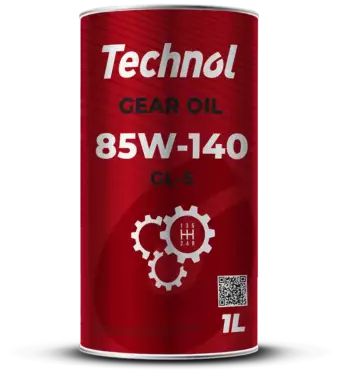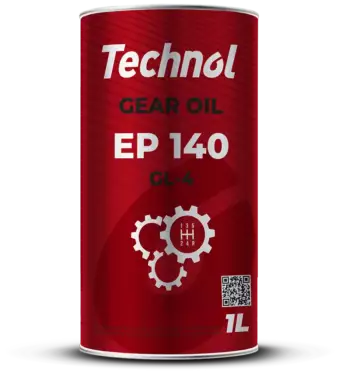Transmission and Differential Lubricant
Transmission and Gear Oils – Preserve Power, Ensure Smooth and Efficient Driving
What is Transmission and Gear Oil?
Alongside engine oil, another essential automotive fluid is transmission oil. It reduces friction in gearboxes, differentials, and gears, ensuring long-lasting performance of parts.
-
Transmission oil – used in both manual and automatic transmissions.
-
Gear oil – specially designed for differentials, transfer cases, and heavily loaded gear mechanisms.
With these oils, your car runs quieter, smoother, and more efficiently.
Why is Transmission Oil Important?
It doesn’t just lubricate – it also:
-
Reduces friction – minimizes metal-to-metal contact.
-
Provides cooling – keeps transmission temperature stable.
-
Prevents rust and corrosion – extends gear lifespan.
-
Ensures quiet operation – smooth gear shifting.
-
Improves energy efficiency – reduces fuel consumption.
Types of Transmission Oils
Manual Transmission Oil
-
For manual gearboxes.
-
Thicker and more durable.
-
Withstands high pressure.
-
Maintains quiet shifting.
Automatic Transmission Fluid (ATF)
-
Designed for automatic gearboxes.
-
Provides hydraulic control.
-
Lower viscosity.
-
Enables smoother gear shifts.
CVT Transmission Oil
-
Specially formulated for CVT systems.
-
Compatible with continuously variable transmissions.
-
Optimizes friction.
Gear Oil
-
For gears under heavy loads.
-
Classified as GL-4 and GL-5.
-
Mostly used in differentials and transfer cases.
What to Consider When Choosing Oil?
-
Follow manufacturer’s recommendations.
-
SAE viscosity grade (e.g., 75W-90, 80W-140).
-
API classification (GL-4, GL-5).
-
Car’s age and mileage.
-
Driving conditions (cargo, mountainous roads, temperature extremes).
When Should Transmission Oil Be Changed?
-
Automatic transmission: every 60,000–80,000 km.
-
Manual transmission: every 80,000–100,000 km.
-
Heavy-duty vehicles: more frequent changes.
-
When oil darkens, thickens, or gear shifts feel rough.
What Happens If Transmission Oil Is Not Changed?
-
Overheating of the gearbox
-
Rapid gear wear
-
Noise and vibrations
-
Increased fuel consumption
-
Costly repairs
Frequently Asked Questions
Is transmission oil the same as engine oil?
No. Engine oil protects the combustion chamber, while transmission oil protects the gearbox and gears.
Can gear oil be used in automatic transmissions?
No. ATF is specifically formulated, regular gear oils are not suitable.
What happens if I don’t change transmission oil?
The gearbox may get damaged – repairs are much costlier than oil replacement.
Which transmission oil is best?
Always use the oil recommended by your vehicle manufacturer.
What color should transmission oil be?
Clean, transparent red or yellowish. Dark or thick oil indicates issues.
Showing all 8 results
Transmission and Gear Oils – Preserve Power, Ensure Smooth and Efficient Driving
What is Transmission and Gear Oil?
Alongside engine oil, another essential automotive fluid is transmission oil. It reduces friction in gearboxes, differentials, and gears, ensuring long-lasting performance of parts.
-
Transmission oil – used in both manual and automatic transmissions.
-
Gear oil – specially designed for differentials, transfer cases, and heavily loaded gear mechanisms.
With these oils, your car runs quieter, smoother, and more efficiently.
Why is Transmission Oil Important?
It doesn’t just lubricate – it also:
-
Reduces friction – minimizes metal-to-metal contact.
-
Provides cooling – keeps transmission temperature stable.
-
Prevents rust and corrosion – extends gear lifespan.
-
Ensures quiet operation – smooth gear shifting.
-
Improves energy efficiency – reduces fuel consumption.
Types of Transmission Oils
Manual Transmission Oil
-
For manual gearboxes.
-
Thicker and more durable.
-
Withstands high pressure.
-
Maintains quiet shifting.
Automatic Transmission Fluid (ATF)
-
Designed for automatic gearboxes.
-
Provides hydraulic control.
-
Lower viscosity.
-
Enables smoother gear shifts.
CVT Transmission Oil
-
Specially formulated for CVT systems.
-
Compatible with continuously variable transmissions.
-
Optimizes friction.
Gear Oil
-
For gears under heavy loads.
-
Classified as GL-4 and GL-5.
-
Mostly used in differentials and transfer cases.
What to Consider When Choosing Oil?
-
Follow manufacturer’s recommendations.
-
SAE viscosity grade (e.g., 75W-90, 80W-140).
-
API classification (GL-4, GL-5).
-
Car’s age and mileage.
-
Driving conditions (cargo, mountainous roads, temperature extremes).
When Should Transmission Oil Be Changed?
-
Automatic transmission: every 60,000–80,000 km.
-
Manual transmission: every 80,000–100,000 km.
-
Heavy-duty vehicles: more frequent changes.
-
When oil darkens, thickens, or gear shifts feel rough.
What Happens If Transmission Oil Is Not Changed?
-
Overheating of the gearbox
-
Rapid gear wear
-
Noise and vibrations
-
Increased fuel consumption
-
Costly repairs
Frequently Asked Questions
Is transmission oil the same as engine oil?
No. Engine oil protects the combustion chamber, while transmission oil protects the gearbox and gears.
Can gear oil be used in automatic transmissions?
No. ATF is specifically formulated, regular gear oils are not suitable.
What happens if I don’t change transmission oil?
The gearbox may get damaged – repairs are much costlier than oil replacement.
Which transmission oil is best?
Always use the oil recommended by your vehicle manufacturer.
What color should transmission oil be?
Clean, transparent red or yellowish. Dark or thick oil indicates issues.


